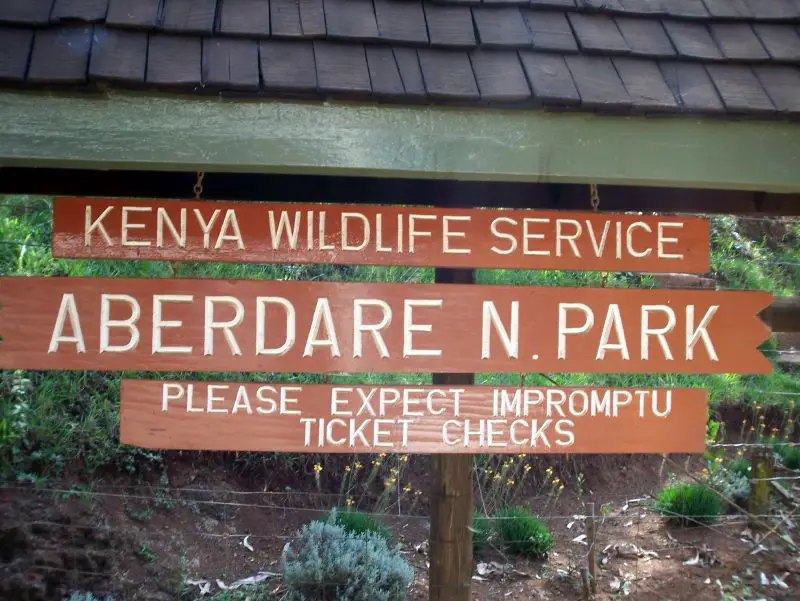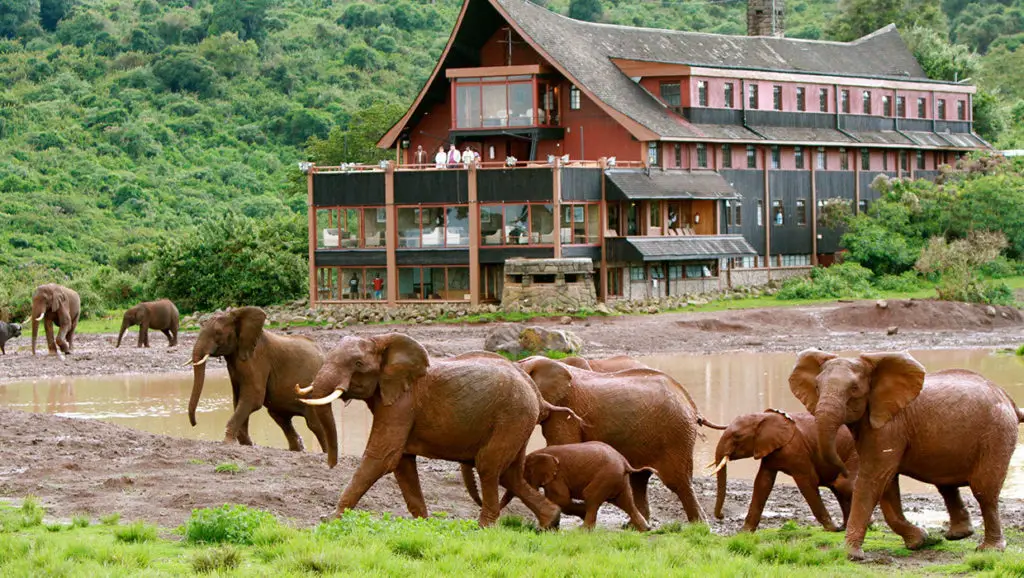Isiolo is the capital town of Isiolo County, located in the upper eastern region of Kenya. It is geographically considered the center of Kenya and lies approximately 285 kilometers north of Nairobi, the country’s capital.
Isiolo serves as a crucial link between the fertile areas of south and central Kenya and the northern arid regions, making it a significant economic and cultural hub.
Where is Isiolo Town located?
Isiolo Town is situated in Isiolo County, in the upper eastern region of Kenya. Its strategic location at the center of the country makes it an important transit point and economic center. The town’s position between fertile and arid regions gives it a unique geographical advantage.
What is the climate of Isiolo?
Isiolo experiences a semi-arid climate characterized by:
- Low rainfall, typically between 300-500 mm annually
- High temperatures
- Drought-prone conditions
This climate significantly influences the town’s economic activities and development strategies.
What is the population and demographic makeup of Isiolo?
Isiolo Town is characterized by its diverse population, including:
- Various ethnic groups
- Different religious communities
- A mix of urban and rural populations
The town’s diversity contributes to its rich cultural tapestry and presents both opportunities and challenges for social cohesion.
What are the main economic activities in Isiolo?
Isiolo’s economy is diverse, reflecting its position as a transitional zone between Kenya’s agricultural south and pastoral north. Key economic activities include:
- Livestock farming
- Small-scale agriculture
- Trade and commerce
- Tourism
- Fodder production
The town serves as a market center for pastoralists and farmers from surrounding areas.
How has Isiolo’s infrastructure developed?
Isiolo’s infrastructure has been developing, albeit with challenges. Key aspects include:
- Road networks connecting to major cities
- Basic utilities (water, electricity)
- Educational institutions
- Healthcare facilities
However, like many rapidly growing towns in developing countries, Isiolo faces challenges in keeping infrastructure development on pace with population growth.
What role does Isiolo play in regional development?
Isiolo plays a crucial role in regional development:
- Economic hub: It serves as a market center for the region
- Transportation link: Connects northern Kenya to central and southern regions
- Cultural melting pot: Brings together diverse communities
- Administrative center: Houses county government offices
What challenges does Isiolo face?
Isiolo faces several challenges common to rapidly developing towns in semi-arid regions:
- Water scarcity
- Climate change impacts
- Rapid urbanization
- Interethnic tensions
- Poverty and unemployment
- Inadequate infrastructure
Addressing these challenges is crucial for the town’s sustainable development.
What is the future outlook for Isiolo?
Isiolo’s future looks promising, with several development initiatives underway:
- Resort City project: Part of Kenya’s Vision 2030
- Improved road networks
- Investments in renewable energy
- Focus on drought resilience programs
- Efforts to boost the private sector
These initiatives aim to transform Isiolo into a major economic hub in northern Kenya.
How does Isiolo contribute to Kenya’s national development?
Isiolo contributes to Kenya’s national development in several ways:
- Economic diversification
- Regional integration
- Cultural preservation
- Environmental conservation
- Tourism development
Its strategic location and diverse resources make it a key player in Kenya’s overall development strategy.
What are the main tourist attractions in and around Isiolo?
Isiolo serves as a gateway to several tourist attractions:
- Buffalo Springs National Reserve
- Shaba National Reserve
- Samburu National Reserve
- Cultural tourism experiences
- Mount Kenya (accessible from Isiolo)
These attractions contribute significantly to the local economy and Kenya’s tourism sector.
How is Isiolo addressing environmental challenges?
Isiolo is addressing environmental challenges through:
- Drought resilience programs
- Sustainable land management practices
- Water conservation initiatives
- Reforestation efforts
- Climate change adaptation strategies
These efforts aim to balance development with environmental sustainability.
What is the state of education in Isiolo?
Education in Isiolo is developing, with:
- Primary and secondary schools
- Technical training institutions
- Adult education programs
However, challenges remain in terms of access, quality, and retention rates, particularly in rural areas.
How does Isiolo’s location impact its development?
Isiolo’s central location impacts its development in several ways:
Advantages:
- Strategic trading point
- Cultural diversity
- Tourism potential
Challenges:
- Climate variability
- Resource competition
- Security concerns
What is the governance structure in Isiolo?
Isiolo’s governance structure includes:
- County government (led by a governor)
- County assembly
- National government representation
- Traditional leadership structures
This multilayered governance system aims to address both modern and traditional needs of the population.
How is Isiolo addressing food security?
Isiolo is addressing food security through:
- Promotion of drought-resistant crops
- Livestock development programs
- Irrigation projects
- Food aid during severe droughts
- Market access improvements for local producers
These efforts aim to reduce vulnerability to food insecurity in this semi-arid region.
What is the state of healthcare in Isiolo?
Healthcare in Isiolo is characterized by:
- Public and private health facilities
- Mobile clinics for remote areas
- Focus on preventive healthcare
- Challenges in accessing specialized care
Efforts are ongoing to improve healthcare infrastructure and service delivery.
How does Isiolo balance tradition and modernity?
Isiolo balances tradition and modernity through:
- Preservation of cultural practices
- Modern economic development
- Integration of traditional leadership in governance
- Promotion of cultural tourism
- Adaptation of traditional livelihoods to modern markets
This balance is crucial for sustainable development that respects local cultures.
What role does the private sector play in Isiolo’s development?
The private sector in Isiolo plays a significant role in:
- Job creation
- Service provision
- Infrastructure development
- Innovation and technology adoption
- Market linkages for local products
Efforts are underway to further enhance the role of the private sector in driving economic growth.
Comparison: Isiolo vs. Other Kenyan Towns
| Aspect | Isiolo | Typical Agricultural Town | Typical Urban Center |
|---|---|---|---|
| Climate | Semi-arid | Temperate/Tropical | Varies |
| Main Economic Activity | Mixed (Pastoral/Agriculture/Trade) | Agriculture | Services/Industry |
| Cultural Diversity | High | Moderate | High |
| Development Challenges | Water scarcity, Climate change | Land pressure, Market access | Overcrowding, Unemployment |
| Tourism Potential | High (Wildlife/Culture) | Moderate | Moderate (Urban tourism) |
| Strategic Importance | High (Regional hub) | Moderate | High (Economic center) |
In conclusion, Isiolo Town stands as a unique and strategically important center in Kenya. Its diverse population, economic potential, and geographical location position it as a key player in Kenya’s development narrative. While facing significant challenges, particularly related to climate and rapid urbanization, Isiolo also presents numerous opportunities for sustainable growth and regional integration.
The town’s ability to balance traditional practices with modern development, coupled with its role as a gateway to northern Kenya, makes it a fascinating case study in urban development in semi-arid regions of Africa.



